After the stress of the last year, I’ll admit that I’ve slacked off on the old exercise front. Can I blame a combination of pandemic and pregnancy? I’m going to. I’ve had bursts of healthiness in amongst it, and the odd run but if I’m being entirely honest, I was too tired, too stressed and too ‘oh-my-god-I’m-carrying-a-giant-baby’ to get into things properly. Now, ten weeks postpartum and around two stone heavier (gulp) than I was pre-pandemic, I finally feel it’s time to get back to things. Dust off the trainers, put down the Freddo’s (I buy them for the kids, honest!) and start getting back to myself again. I’m a big believer that you don’t need loads of gear to exercise but my biggest challenges? A lack of time and a lack of energy, put simply, I’m tired. I guess three kids, including a newborn will do that to you.
So when the team at TEMPUR®, the creators of the original memory foam pillow and mattress material, got in touch to ask me to look into sleep cycles and share how good sleep cycles can help balance sleep and exercise it felt a little like they’d read mind – that’s exactly what I need to know right now! TEMPUR® have a long history of supporting athletes at the highest level by ensuring they get great quality rest and recovery time whilst training. The latest of these partnerships comes in the form of women’s road cycling team DROPS Le Col, supporting their mission to help all riders reach their full potential, regardless of age, experience and status, throughout the 2021 season. Hoping to compete as a Women’s World Tour team by 2022, TEMPUR® are supporting the team in order to enhance their sleep quality both at home and on the road, helping to boost performance when it’s most needed. And whilst I’m definitely not aiming to be at World Tour level (this season at least!), I’m pretty sure that replicating even a small amount of what the professionals do will stand me in good fitness stead, certainly enough for family bike ride level! So, without further ado, here’s what I’ve learnt…
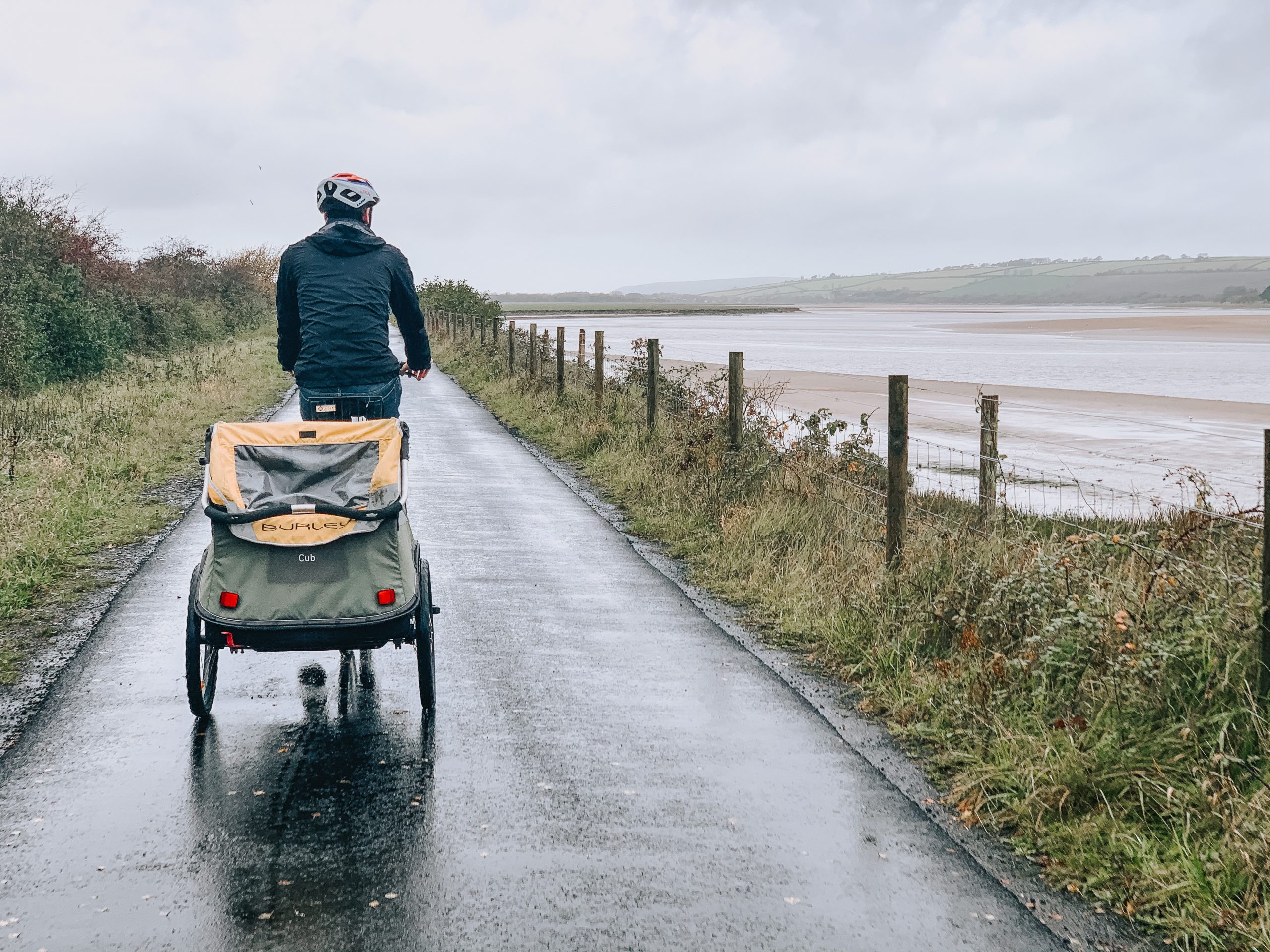
Why Is Sleep So Important?
We all know sleep is important but why? Sleep not only affects your physical health, it also has huge benefits for your mental and emotional well being. A good night’s sleep allows your body time to physically recover from the exertions of the day and your brain time to ‘recharge’. Poor sleep is linked to greater calorie consumption and obesity as well as poorer overall health and more susceptibility to disease. Now only that, a bad night’s sleep has been shown to produce lower concentration level, slower reaction times and poor cognitive performance, including memory loss. Emotionally, we tend to be more reactive and less able to control our emotions when we’re tired and worn out. Think about the last time you got a good night’s sleep; I bet you noticed a difference to your mood and energy levels the next day, didn’t you?
It’s for these reasons that good sleep is such an important partner to exercise. Not only do you need the energy to fuel your workout, you also need the sleep afterward to allow your body to rest and recover; healing muscles and regenerating cells where needed. Mentally, a good night’s sleep ensures you’re able to concentrate well, react quickly and even maintain things like grip strength. It’s one of the reasons why babies and young children sleep so much; their bodies need it to help them grow and develop both physically and mentally.
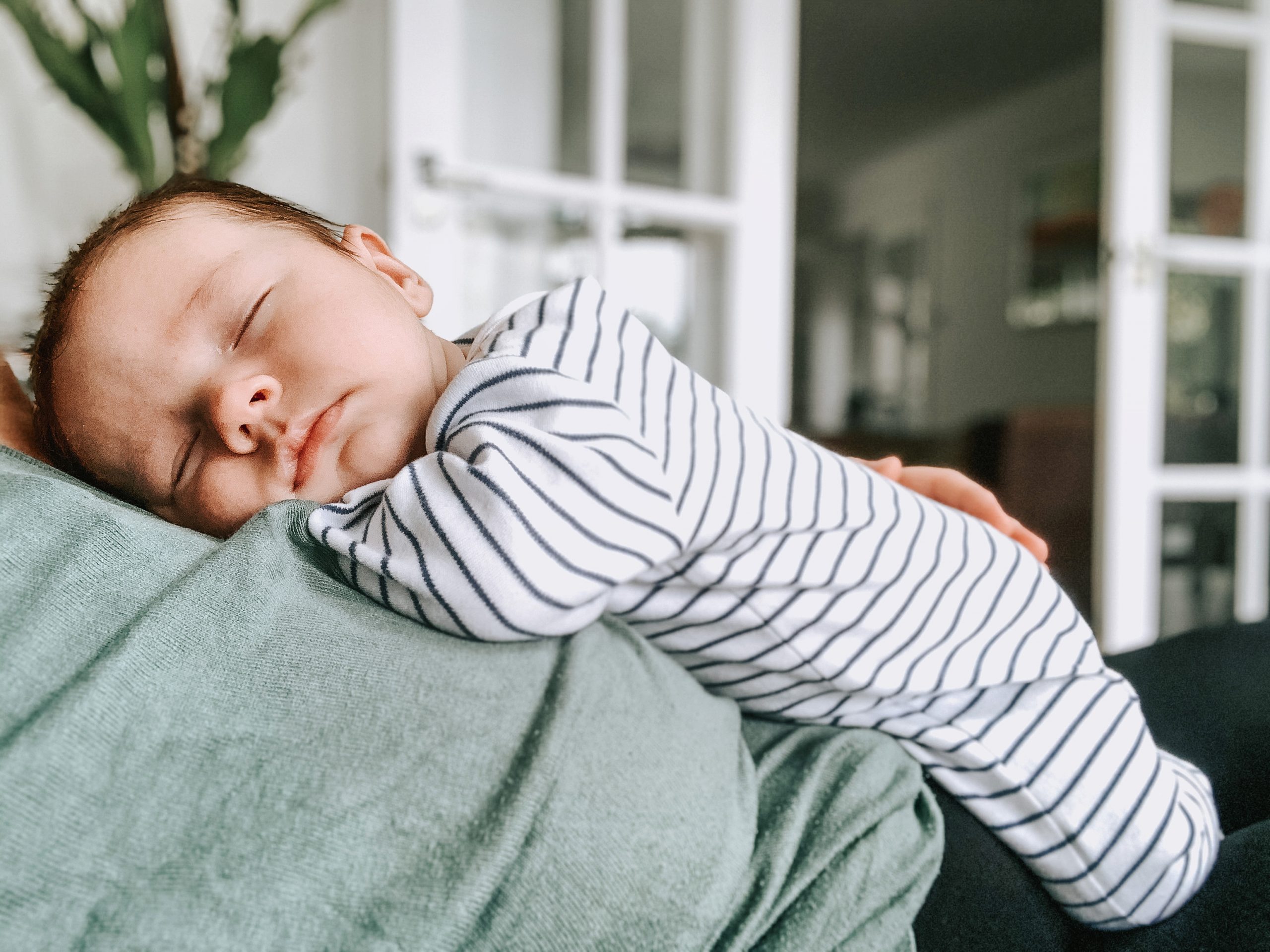
Sleep Cycles – What Are They?
Whilst we often think of sleep as one state, four different stages of sleep, referred to as the ‘sleep cycle’ due to the fact that we cycle through the four stages over and over until we wake. These sleep cycles are made of one of two different types of sleep; rapid eye movement (REM) sleep and non-rapid eye movement (NREM) sleep. At the start of the night you’ll enter the first of three NREM stages; a short 5-10 minute phase where you’re just starting to drop off and can be easily woken. Next comes light sleep, the second NREM stage. Lasting up to 25 minutes and getting longer throughout the sleep, the light sleep phase is where your body temperature drops and your heart rate slows as your body prepares for the deep sleep stage. These first two stages are purely preparation for the important phases that come next.
Stage three is the final NREM sleep, otherwise known as deep sleep due to the fact that your body relaxes further and it’s harder to wake an individual in this phase. It’s during this phase that your body repairs itself; regenerating cells in order to repair and build tissues such as bones and muscles, as well as strengthening your immune system. When someone is in the deep sleep state, their brain activity has a different pattern making it easy to monitor externally. Thanks to this delta wave pattern, we know that these stages are usually 20-40 minutes long and get shorter the longer you continue sleeping, with more time spent in the final stage of sleep instead.
The final stage of the sleep cycle is the one people are probably most aware of, the REM stage. During this stage, your brain activity increases and your eyes move quickly, thus giving it the ‘rapid eye movement’ name! This increased brain activity is thought to be the reason we tend to have vivid dreams in the REM phase, but more importantly it’s essential to cognitive functionality, in particular learning and memory. In adults, REM sleep makes up 25% of our sleep, with shorter bursts earlier before getting longer as the sleep cycles continue – thus working in tandem with the shortening stage three as the night goes on.
As the sleep goes on, you’ll continue to cycle through the four stages, eventually completing multiple sleep cycles before you wake. All of this works on the assumption that your sleep isn’t disturbed for other reasons and that your body is able to transition between the stages. Waking at any point would invariably cause you to restart the sleep cycle at stage one.
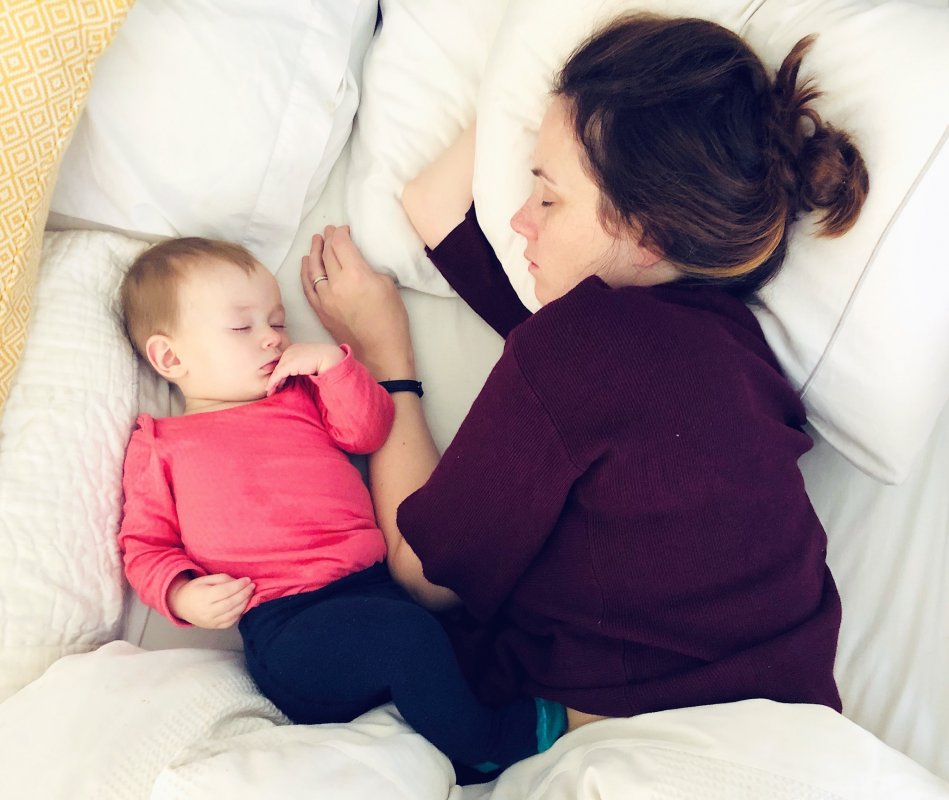
How Can Understanding Sleep Cycles Help Me?
So I’ve given you the whistle-stop tour of how sleep stages work and what sleep cycles are, but what does this have to do with exercise? And most importantly, how can I use this information to make things better? Having been through the sleep cycle stages, it’s clear that it’s the two latter stages that are the most beneficial to the body and the brain in turn. However, it’s not possible to directly impact how you move through the sleep cycle throughout the night. Instead, what you can do is make sure that you practice good sleep health by ensuring you sleep in a good environment and minimise distractions that could wake you prematurely, thus limiting your time is those later stages. When you’re trying to exercise, it’s important that you reach these in order to allow your muscles and tissues time to repair (remember, that’s stage 3 activity!) and your brain time to recover and process to ensure you’re memorising new ways of moving your body and improving concentration and mental strength (stage 4). On average, an adult takes around 90 minutes of sleep before they reach the final REM stage that’s so important for cognitive function – suddenly it makes sense why a disturbed night can leave you feeling so fuzzy brained!
How Can I Improve My Sleep Health?
Whilst there’s no single way to magically improve your sleep, you can make adjustments to your lifestyle in order to try and make an optimum environment for sleep, reducing distractions and maximising your chances of getting to those final two stages of the sleep cycle multiple times in a night. These include;
- Winding down before bed – having a period of time prior to switching out the lights allows your brain and body time to prepare for entering a sleep state. To do this, try leaving your phone or tablet downstairs or on the other side of the bedroom.
- Providing a comfortable sleep environment – a supportive mattress and a good pillow will help you to maintain a comfortable position whilst you sleep, supporting your joints to ensure that you’re not tossing and turning all night to find a good position. Plus you don’t want to wake up with a crick in your neck from sleeping funny!
- A cool, dark sleep space – research shows that a cool, dark room is the best place to sleep in, you’re less likely to wake yourself up in the night from overheating or to be disturbed by light coming in when you’re in those early, more easily wake-able, stages of sleep.
- Cut the alcohol, and the caffeine – alcohol and caffeine are both stimulants which can stop you from being able to switch off and maintain a good night’s sleep, remember, you want to enter the latter stages of the sleep cycle, not keep waking and re-entering the early, less restful stages.
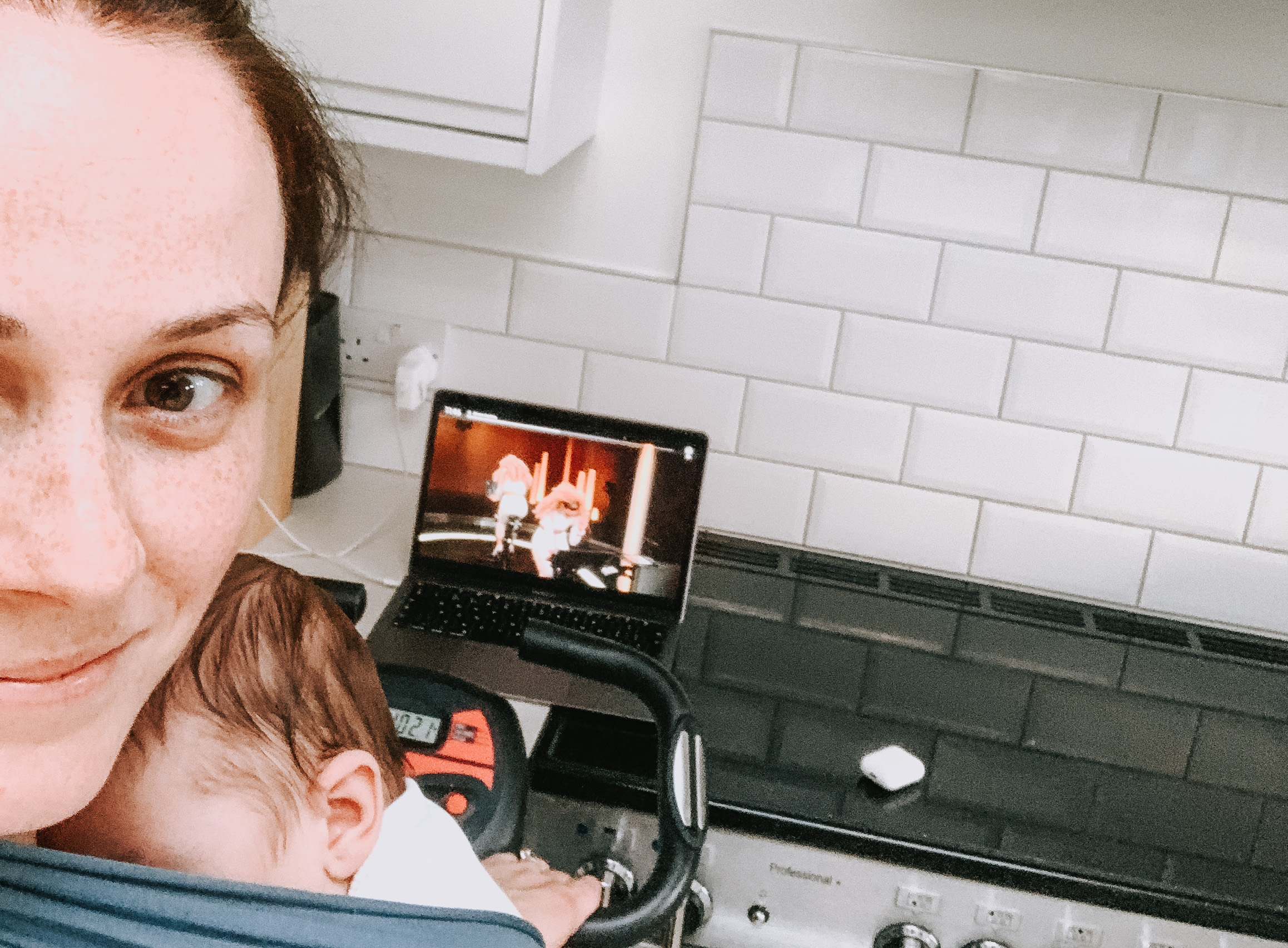
What’s Next For Me?
I said I wasn’t a believer that you needed lots of equipment to exercise and I maintain that that’s true. This is coming from the woman who managed to do a bike workout with a fold-up bike and a laptop (balanced next to the cooker for good measure), dressed in a nursing bra and rolled up sweatpants with a baby strapped to her the other day… not quite at the level of the DROPS Le Col team, I’m sure! But there are elements of their training that I can take with me in order to help me get back some of my pre-pregnancy fitness. Now that I understand that one of the most important elements is sleep, and maintaining sleep in order to get to the recovery third and fourth stages of my sleep cycles, I need to work on trying to make that happen. With three small children under five, my sleep is often broken and as such I’m sure I’m not spending as long in the third and fourth stages of my sleep cycle. No wonder I feel physically and mentally drained most of the time! TEMPUR® kindly gifted me a TEMPUR® pillow to set me off on the right route (actual bliss… especially when collapsed onto post workout) and whilst I can’t get rid of the kids at night (shame!) we’ve tried to remove some of the other potential sleep barriers by adding a fan and black out blinds.
As for working out, apart from lockdowns making us appreciate how much we love a good family walk (and picnic!), I’ve managed to dust off the previously mentioned fold-up bike and have taken a couple of YouTube workouts both for cardio and indoor cycling. I’m hoping that once I get a little more confident I’ll be brave enough to restart the Couch to 5k scheme which I completed in the early weeks of the last lockdown and absolutely loved. And I’ve swum in the sea! Granted it wasn’t for long and it was absolutely freezing but it still counts, doesn’t it! I think I get extra bonus exercise points for all my shivering afterward! I’m not a natural fitness fanatic but I really enjoy the buzz it gives me afterward and the headspace away from all the little things that make up motherhood; when I’m working out, it’s just me, my thoughts and some really loud, not-chosen-by-a-child music. Bliss! Now though, I might go and have a long nap… it’s part of my training schedule, after all!
This post is in conjunction with TEMPUR® but all thoughts are my own.

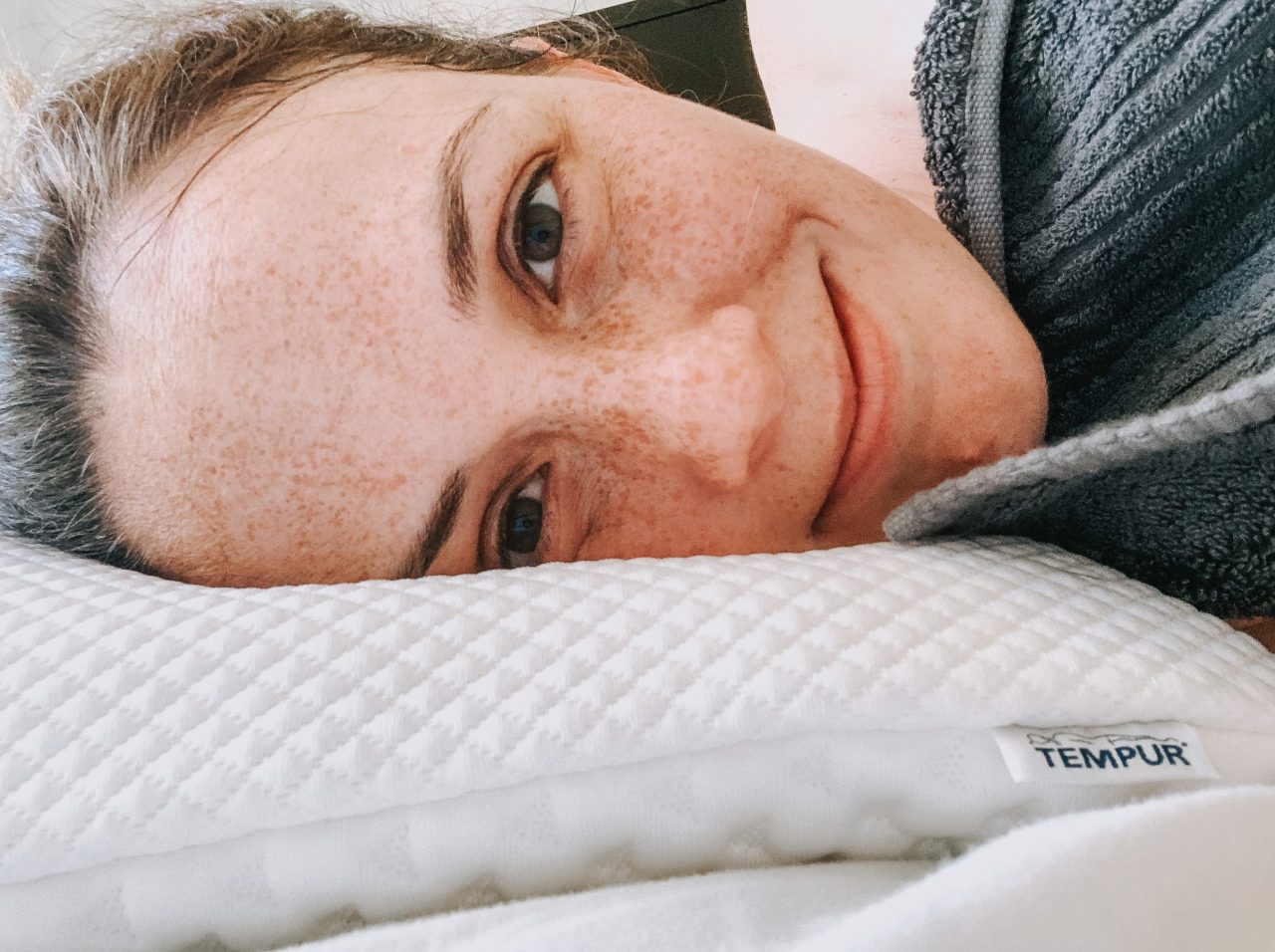
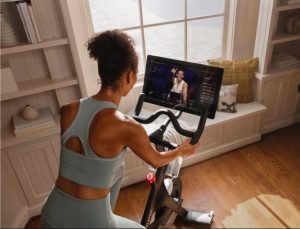
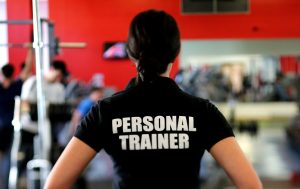
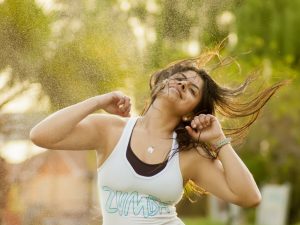
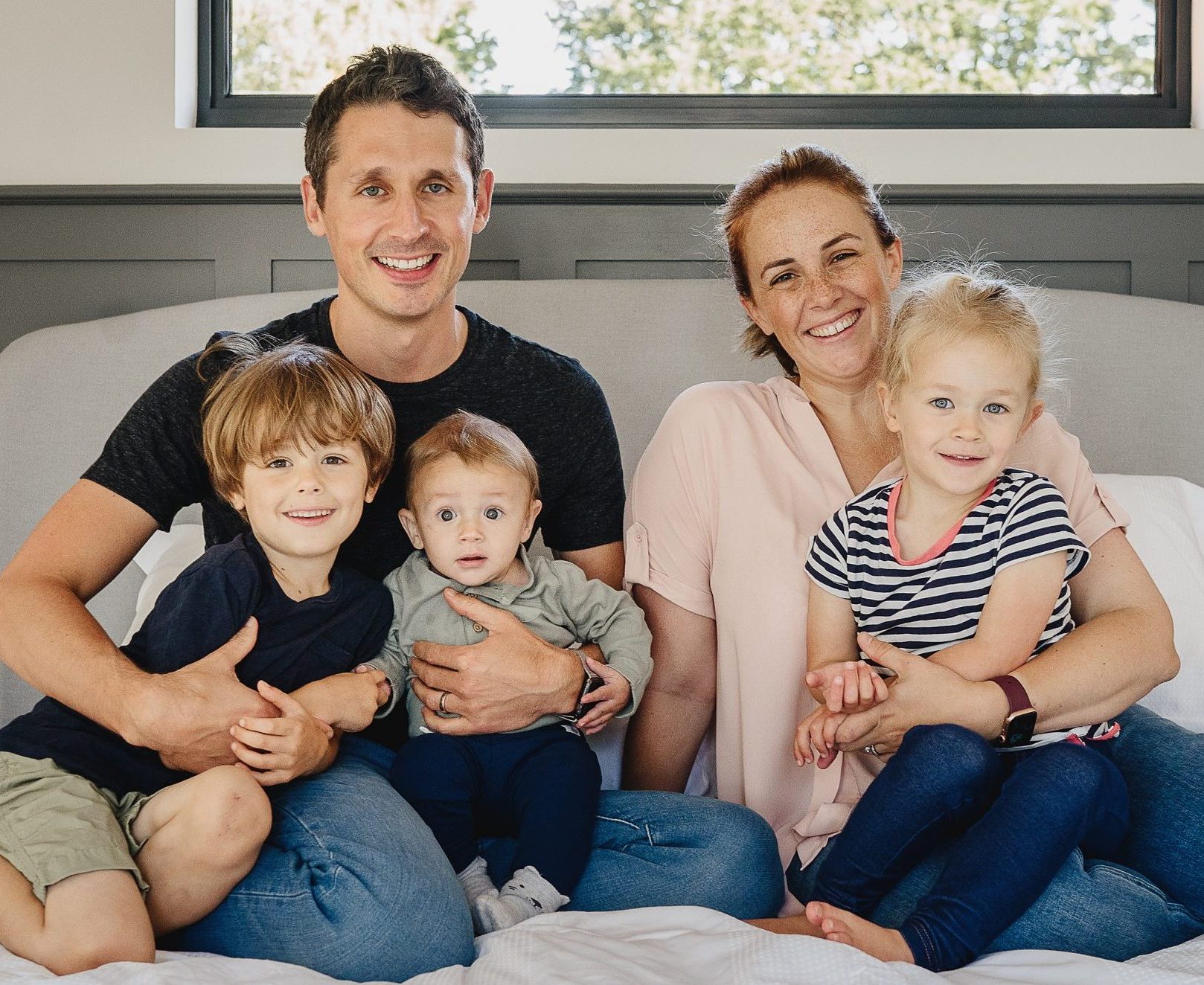
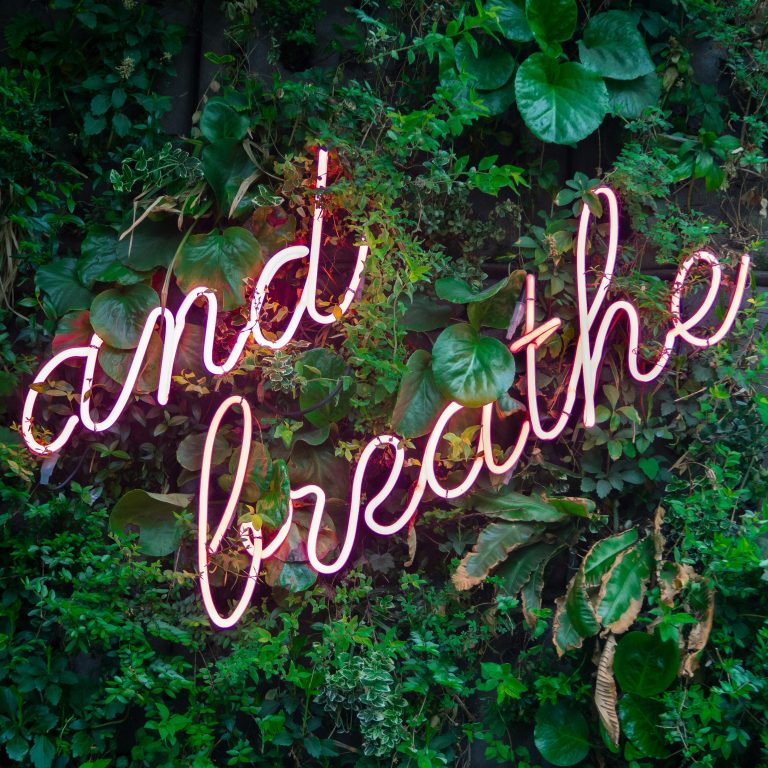

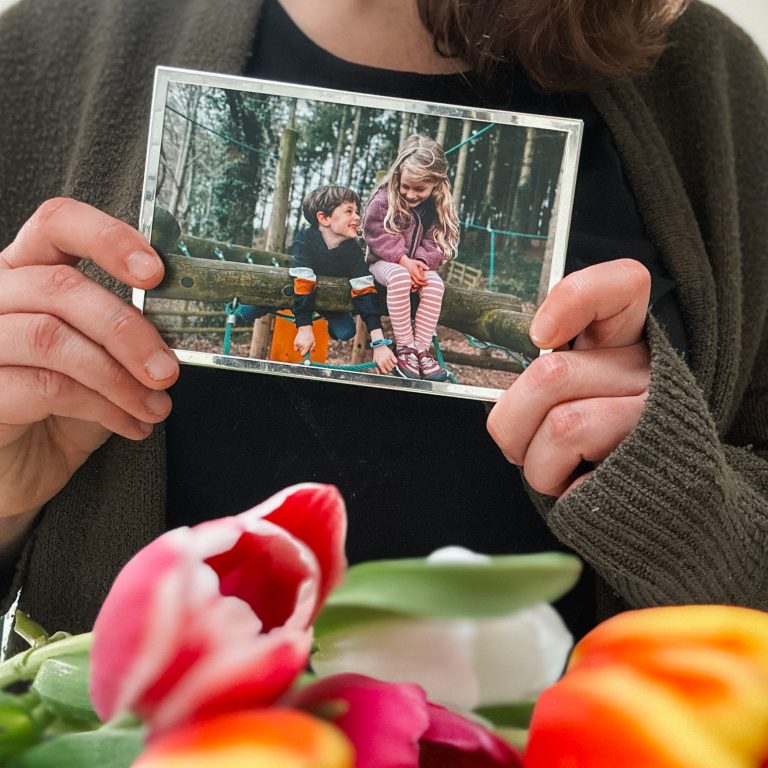
11 Comments
A very interesting post indeed .It was wonderful reading about the stages of sleep cycle and how important a night’s rest is to repair and heal our bodies. Truly a good night’s rest is so essential to get fit. Wonderful initiative by TEMPUR to ensure the athletes get quality rest and recovery when they are training.
Great post! This post is very informative and I definitely learned some things. But I hear you too mama. My son is 7 but I am still sleep deprived. Some days I do it to myself and others, I just can’t get my mind to quiet. But one thing is for sure, I love it when I actually sleep through the night. I feel recharged and ready to conquer the world. I am also glad you were able to start exercising. Kudos!
Maureen | http://www.littlemisscasual.com
I agree that sleep is so important! I make it a priority. I also agree that you don’t need a lot of gear to exercise! Your son is adorable!
Ah thank you, we think he’s pretty cute!
I have a pretty comfy bed which helps. I always try where I can to wind down before bed as it makes a big difference.
Yes I notice a big difference if I wind down first, and leave my phone alone before bed!
great post on sleep, I can clearly see how much research you made. It’s only admirable!
Girl, I am all about getting sufficient sleep so that I can work on client projects, go for a 30-minute walk and eat well during the day. If I don’t get sufficient sleep I am unable to function during the day.
I hate to so that this article for me! I have had sleep issues like forever. The only way I am surviving is by exercising like a crazy.
Fluffy pillows and a comfy mattress are enough to send me in to immediate sleep. I’m glad I fall asleep pretty easily and quickly but good to know the various sleep cycles and how they help our health.
I love sleeping and I make sure I sleep.well daily. Sleep is really very important